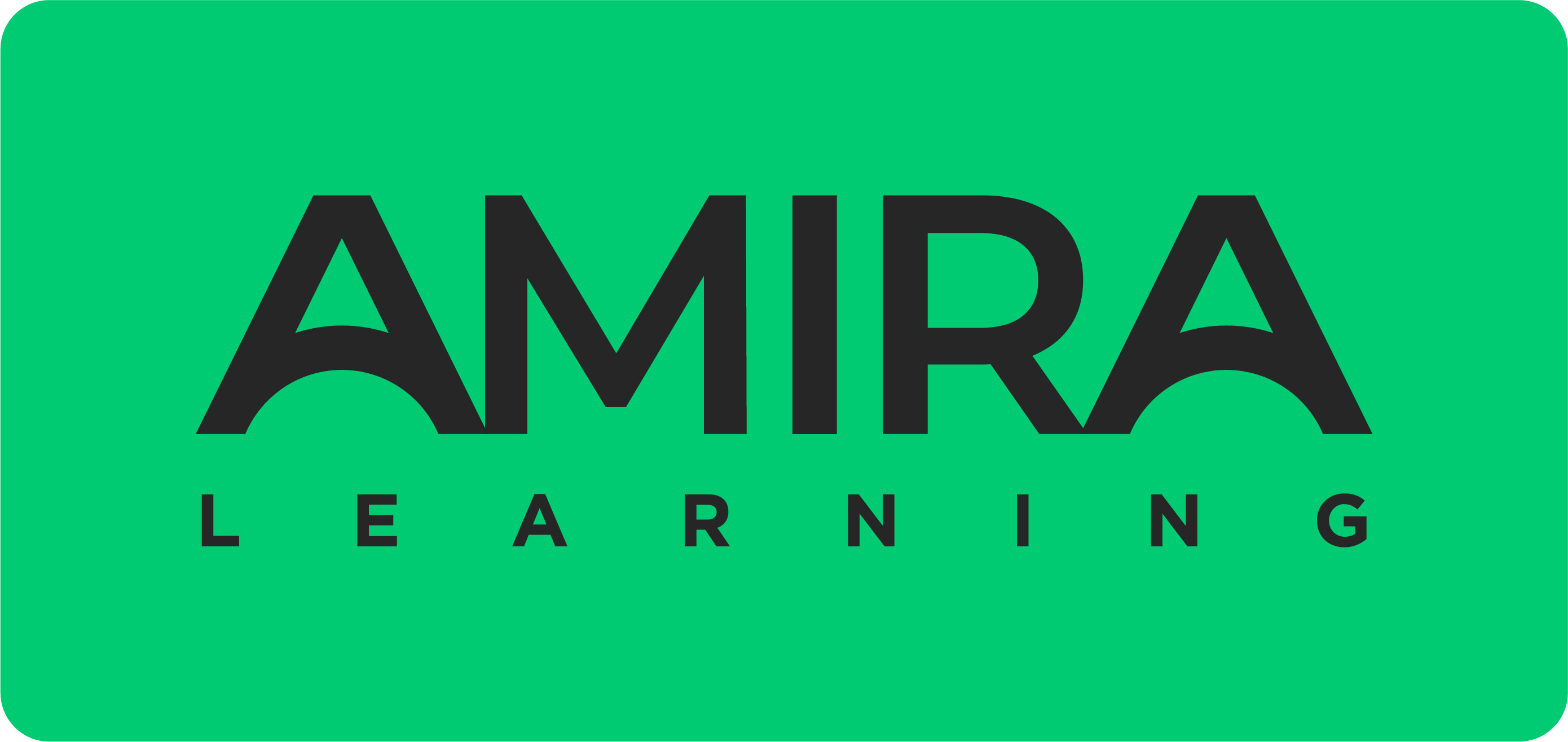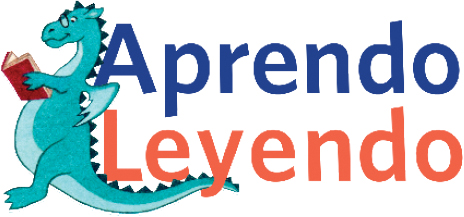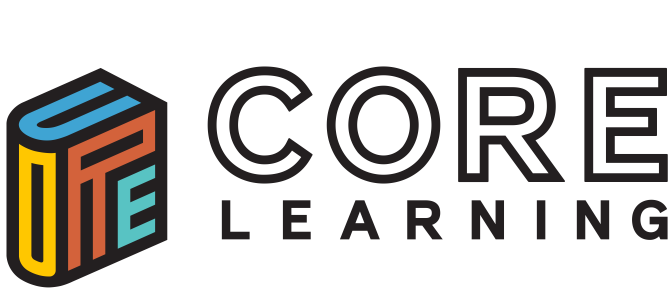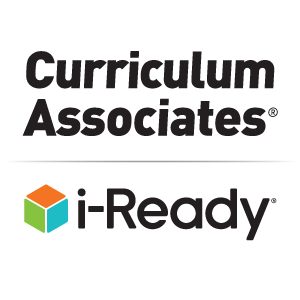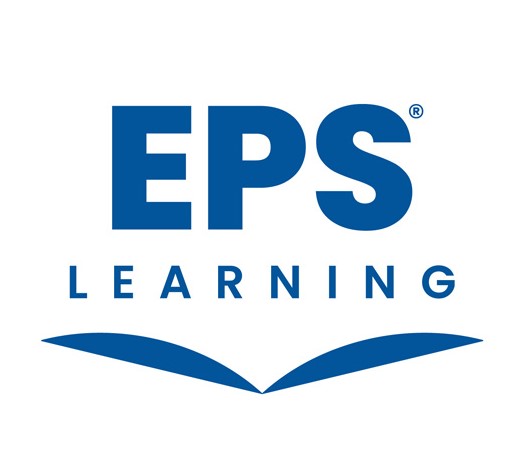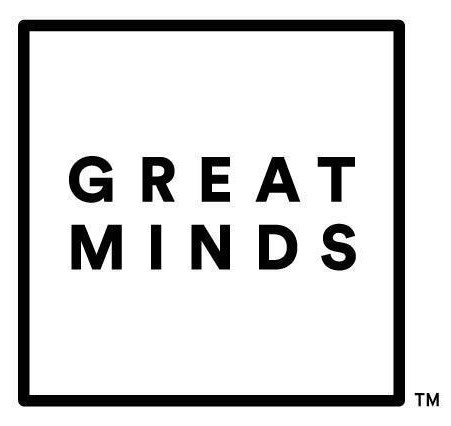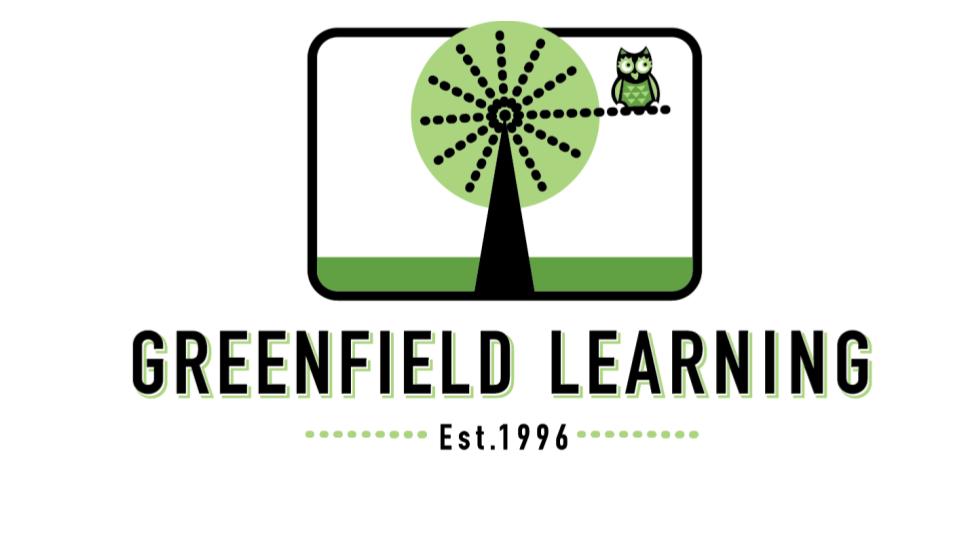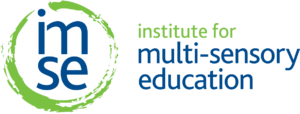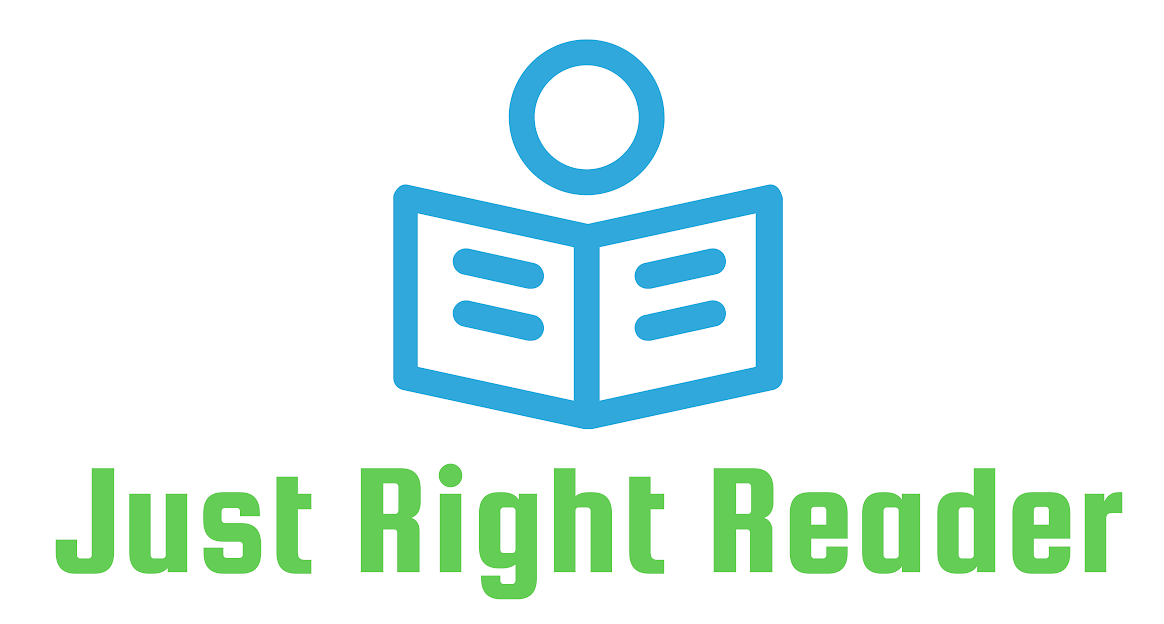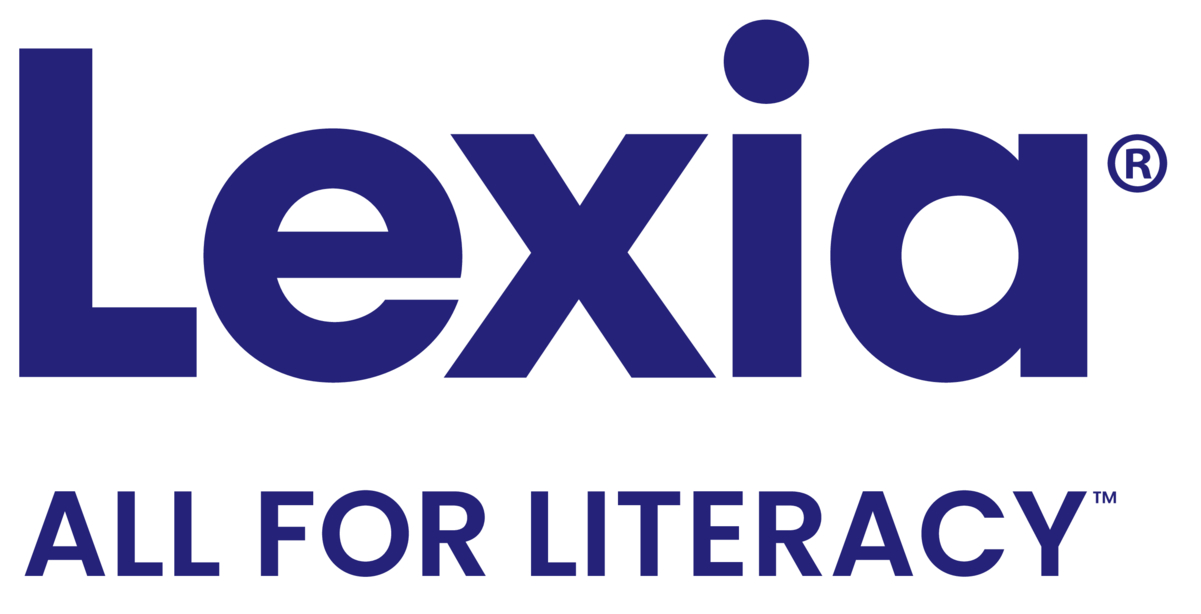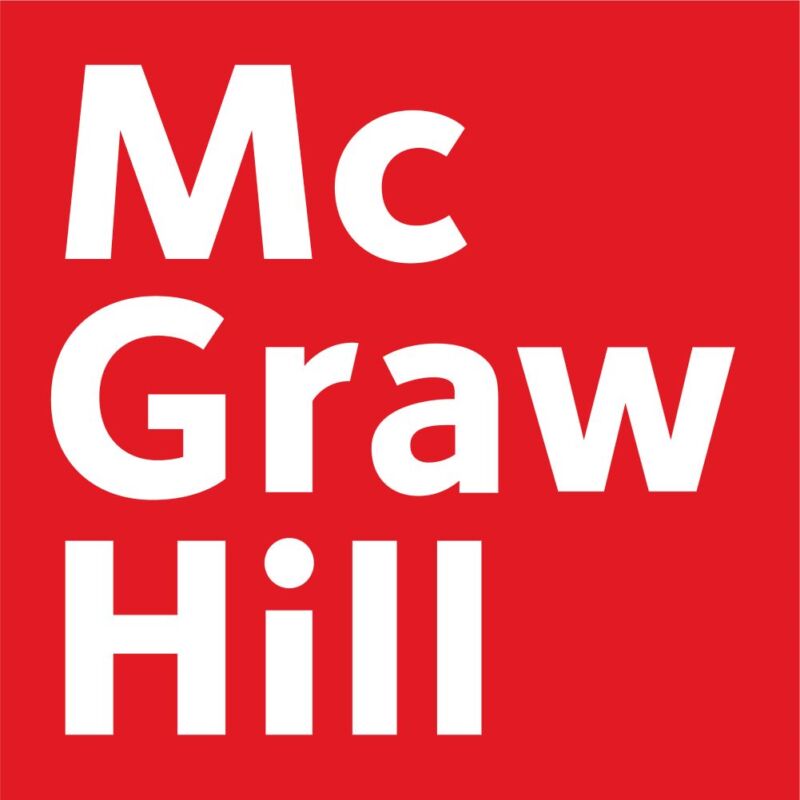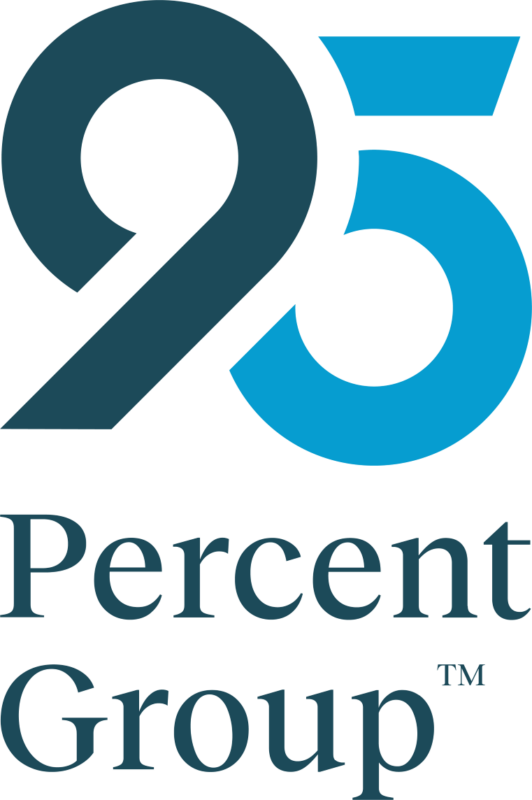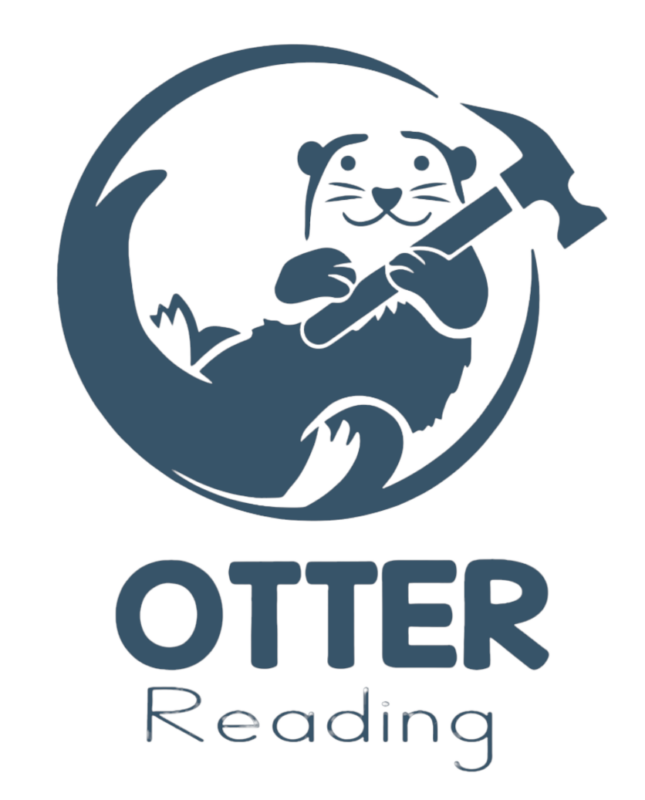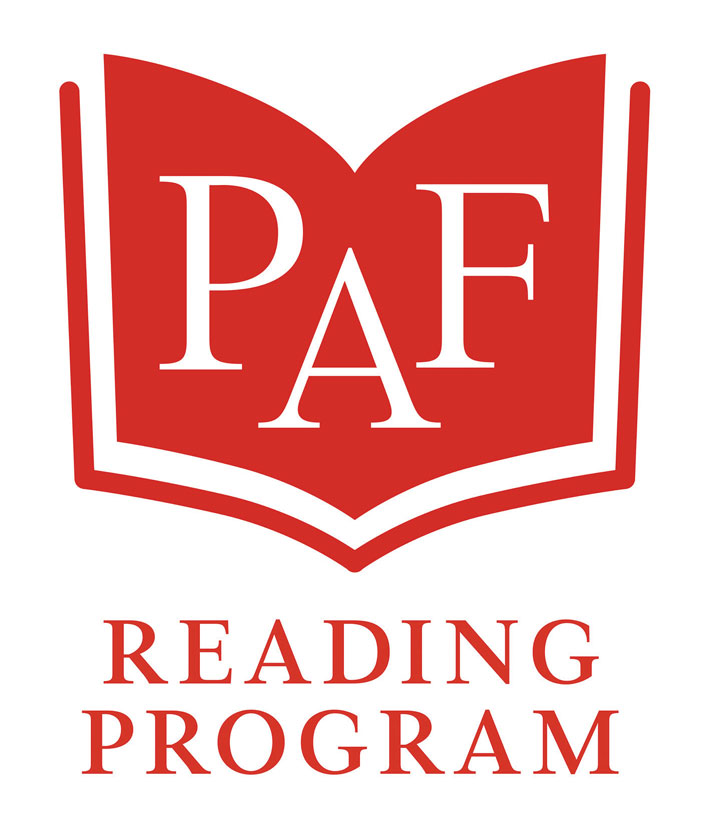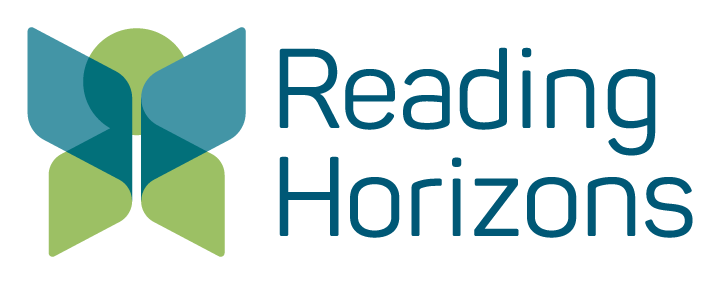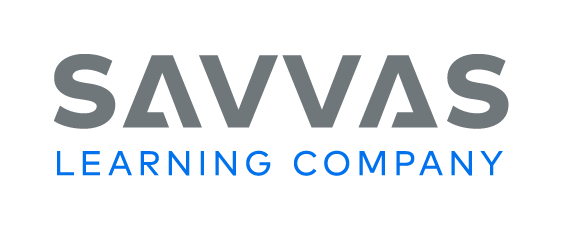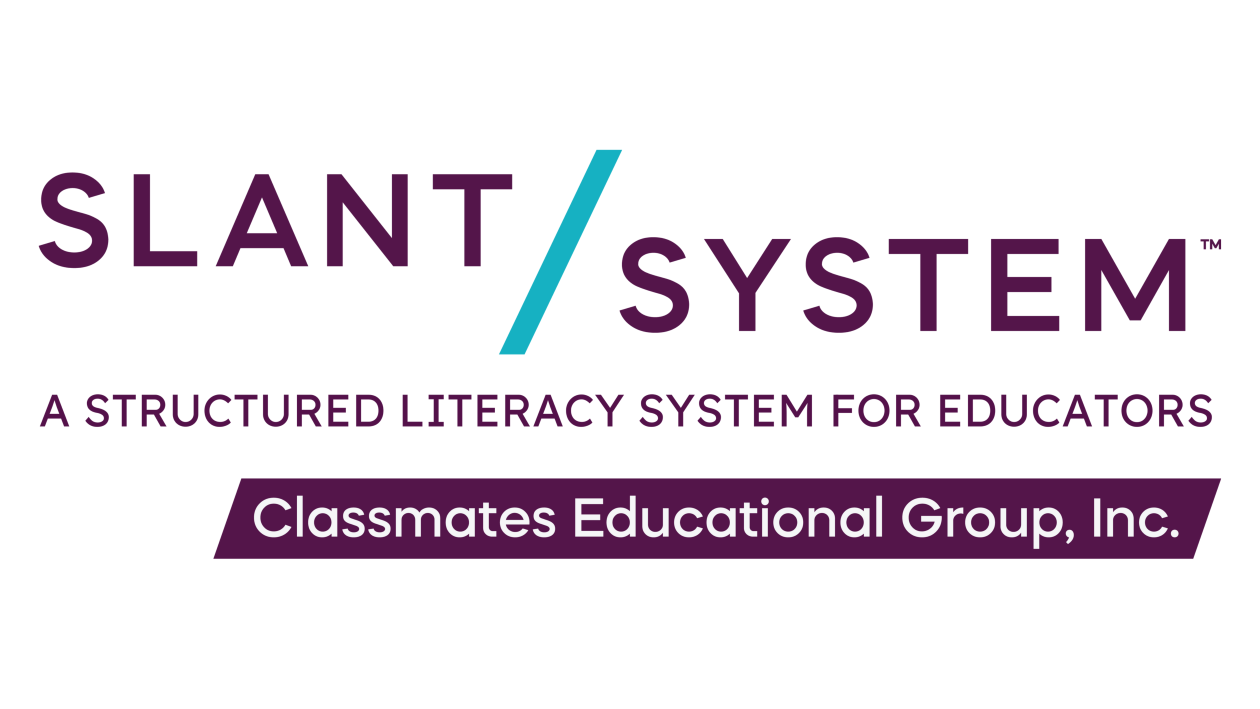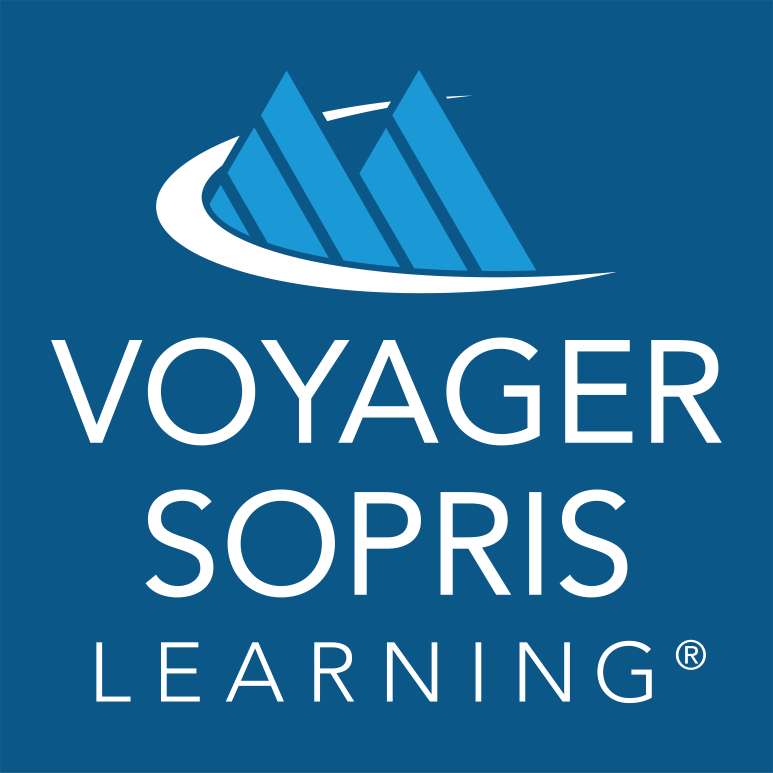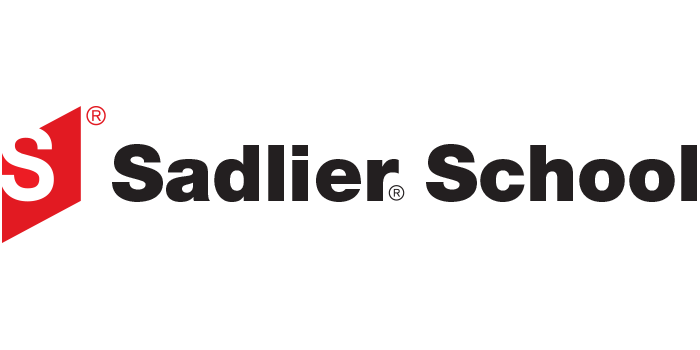#TRLSummit2025
THE READING LEAGUE SUMMIT 2025
The Science of Reading: With Growing Awareness Comes Incomplete Understandings
Thank you for another wonderful Summit. See you in 2026!
2025 KEYNOTE & MODERATORS
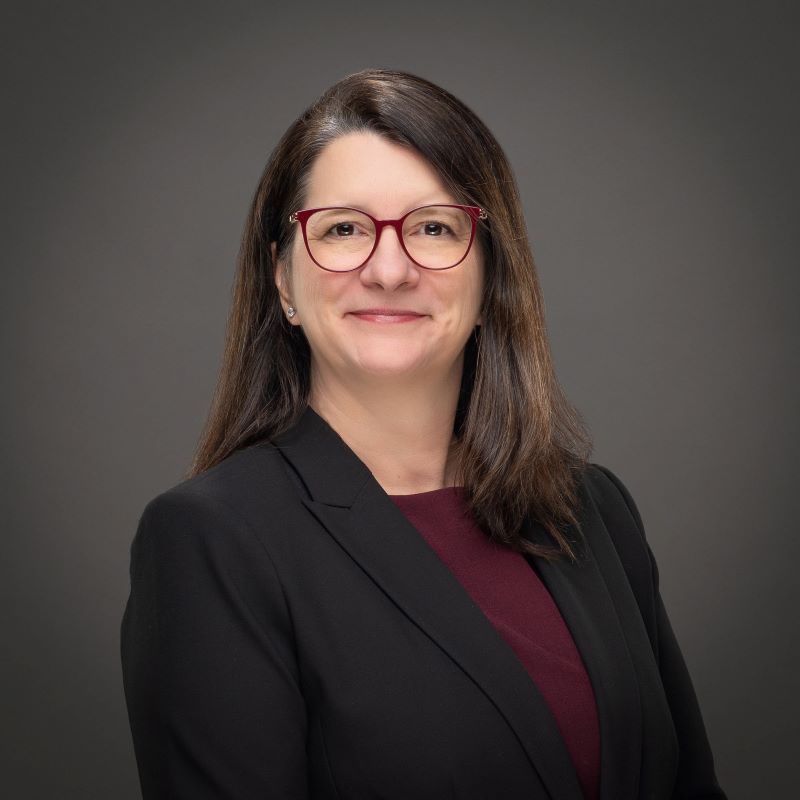
Dr. Maria Murray
Keynote:
The Science of Reading: With Growing Awareness Comes Incomplete Understandings
Keynote Description
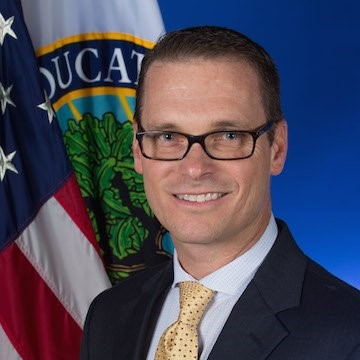
Dr. José Viana
Panel One:
The Simple View of Reading as a Starting Point for Understanding Reading Development in All Learners

Dr. Tiffany Hogan
Panel Two:
Language Comprehension
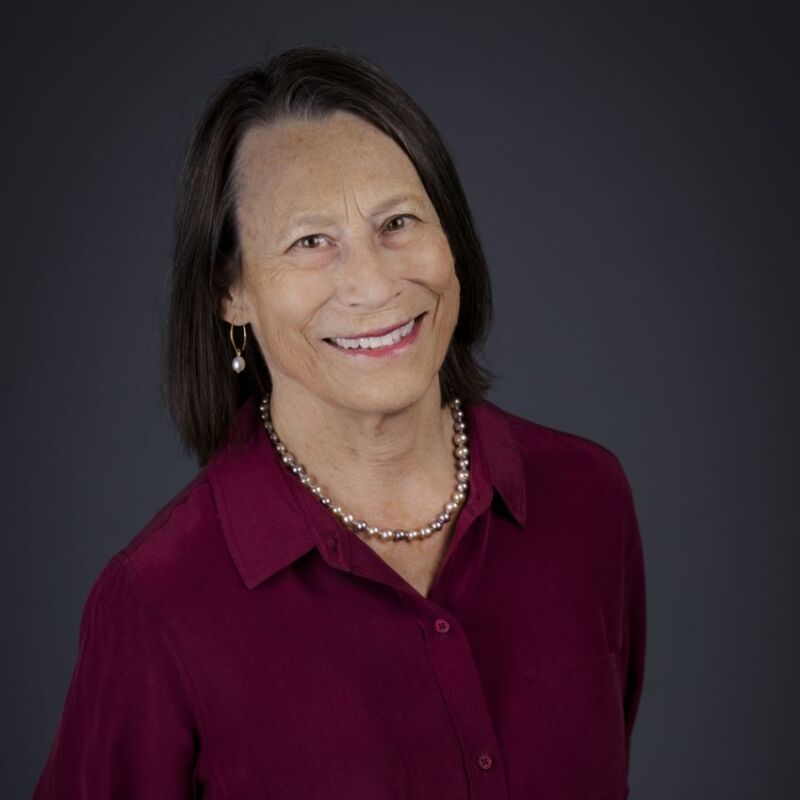
Dr. Louisa Moats
Panel Three:
Word Recognition

Dr. Mitchell Brookins
Panel Four:
Reading Comprehension
2025 PANEL DISCUSSIONS
Panel One
The Simple View of Reading as a Starting Point for Understanding Reading Development in All Learners: Consensus and Critique
Description:
Even though the Simple View of Reading equation is a starting point as educators begin their science of reading journeys, there is often confusion and even oversimplification in its application. Panelists will discuss how to better understand the Simple View of Reading, what its implications are for classroom practice, and what researchers have to say about it.
Moderator:
Dr. José Viana, Senior Education Advisor, Lexia
Panelists:
Nell Duke, Executive Director, Center for Early Literacy and Learning Success, Stand for Children, Professor, Education and Psychology, University of Michigan
Kathy Escamilla, Retired Professor, University of Colorado at Boulder
Wesley Hoover, Executive Officer (Retired), SEDL/AIR
Richard Sparks, Professor Emeritus, Mt. St. Joseph University
Panel Two
Language Comprehension: Consensus and Critique
Description:
Critics of the science of reading often point to a lack of attention to language comprehension. Panelist discussions will clarify misconceptions related to prioritizing and instructing each of the components needed for language comprehension based on findings from the reading science.
Moderator:
Dr. Tiffany Hogan
Panelists:
Peter Bowers, Founder, WordWorks Literacy Centre
Teresa Krastel, Director of Professional Learning Curriculum, WIDA at the University of Wisconsin-Madison
M. Adelaida Restrepo, Professor and Chair, University of South Florida
Julie Van Dyke, Associate Research Professor, Yale-University of Connecticut Haskins Literacy Hub
Panel Three
Word Recognition: Consensus and Critique
Description:
Scientific research on word recognition has resulted in a lot of consensus among researchers and experts. Yet educators and other stakeholders often have incomplete knowledge of this component and how to effectively translate the research results into their classroom practice. Panelists will discuss the main scientific findings on word recognition—our internal lexical representations in memory—as a common denominator that drives both the reading and spelling of words. They will also clarify nuances of opinions that have contributed to confusion in implementation.
Moderator:
Dr. Louisa Moats, President, Moats Language Essentials, LLC
Panelists:
Susan Brady, Professor Emerita, University of Rhode Island
Linnea Ehri, Distinguished Professor of Educational Psychology emerita, CUNY Graduate Center
David Kilpatrick, Professor Emeritus, SUNY Cortland
Ramona Pittman, Associate Professor, Texas A&M University
Panel Four
Reading Comprehension: Consensus and Critique
Description:
The ultimate goal of reading is reading comprehension. Panelists will provide insights on how to create an impactful literacy experience by clarifying areas of confusion, such as background knowledge, strategy instruction, sentence-level comprehension, and text structure. Using findings from the science of reading, they will identify where educators and other stakeholders should prioritize attention to drive students’ understanding of and engagement with texts.
Moderator:
Dr. Mitchell Brookins, Educational Consultant, Brookins Consulting
Panelists:
Leslie Laud, Director, thinkAUM
Reid Smith, Co-CEO, OCHRE Education
Adrea Truckenmiller, Associate Professor, Michigan State University
Kay Wijekumar, Houston Endowment Chair, Texas A&M University
